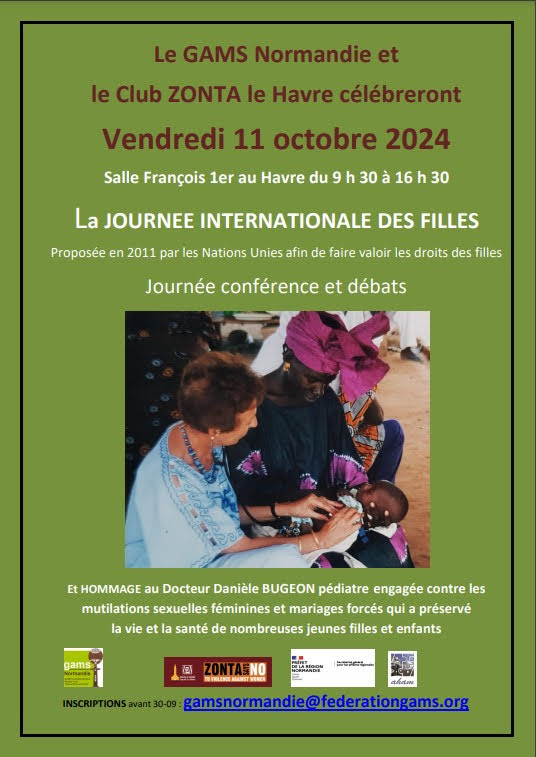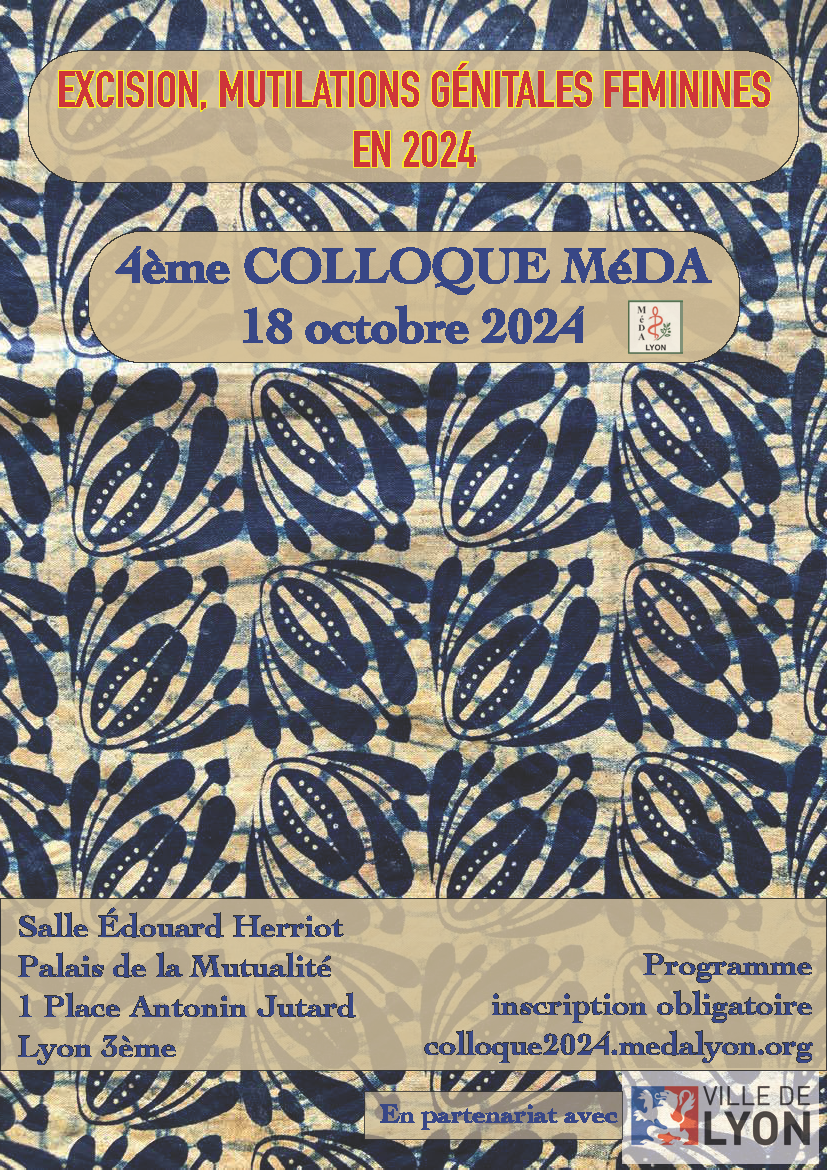Le procès d’un médecin britannique accusé d’ exercer des mutilations génitales féminines, a débuté lundi dernier. C’est la première poursuite du Royaume-Uni alors que la pratique a été interdite depuis 1985 .
Le Dr Dhanuson Dharmasen a prétendument effectué une mutilation sexuelle féminines, en Novembre 2012 sur une femme de 24 ans, peu de temps après elle a donné naissance à son premier enfant à l’Hôpital de North London Whittington . Hasan Mohamed , 41 ans, est accusé d’encourager ou d’aider Dharmasena pour effectuer la procédure .
La suite pour les anglophones :
Mohamed’s connection to the patient is being withheld in order to protect her anonymity.
Both men appeared at Southwark Crown Court on Monday and have pleaded not guilty, the Guardian reports.
Dharmasena is charged with carrying out FGM contrary to a section of the United Kingdom’s Female Genital Mutilation Act 2003 and if found guilty, could face a prison term of up to 14 years. Mohamed is charged with one count of aiding, abetting, counseling or procuring Dharmasena to perform FGM, and another count of encouraging or assisting someone to carry out an offense of FGM contrary to the Serious Crime Act, Reuters reports.
FGM typically falls under four categories, according to the World Health Organization (WHO). Type 1 is the partial or total removal or the clitoris and, in rare cases, the clitoral hood; type two is the partial or total removal of the clitoris and the labia minora, with the possibility of removing the labia majora; and type three is the more extreme narrowing of the vaginal opening by removing and sewing together the inner or outer labia, which may or may not include removing the clitoris. Type four is “all other harmful procedures,” which includes pricking, piercing or cauterizing the female genitals.
Short and long-term health consequences from FGM procedures can in some circumstances include hemorrhaging, infection, psychological trauma and death. Advocates against the procedure say there are no medical benefits, but those pushing for FGM to end in the countries where it’s most popular face an uphill battle against thousands of years of a deeply ingrained cultural practice.
The practice is typically performed by traditional midwives and, increasingly, trained doctors and physicians. In many of the communities where FGM is prevalent, there is a belief that young girls are not marriageable without the procedure.
The woman in the U.K. case, referred to as “AB” in court, reportedly underwent FGM as a 6-year-old in Somalia, when a section of her labia was sewn together, leaving only a small hole for menstrual blood and urine but too small for safely giving birth, according to Reuters.
Defibulation, or re-opening the vagina, is commonly needed for FGM survivors about to give birth, and was required in AB’s case during delivery, the court heard.
But AB allegedly underwent re-infibulation, or sewing the labia together again after giving birth. The stitching or re-stitching together of the labia is an offense under section 1 of the United Kingdom’s Female Genital Mutilation Act 2003.
Prosecutor Kate Bex told the jury the details of the trial might be different to typical depictions of FGM, the Guardian reports.
“If you do know a little about FGM, you may be expecting to hear that the offense took place in a back street clinic by an unqualified and uncaring person on a young child. This trial is quite different,” she said, because the incident took place in a hospital, and was performed on an adult woman.
For activists and groups who have worked for years to bring forward prosecutions under the FGM law, the trial is a historic moment.
« The trial is a major step in the right direction and a watershed moment for organizations that have been working on eliminating FGM for several decades,” said Mary Wandia, FGM program manager at Equality Now, an international human rights organization, in a statement emailed to Newsweek.Equality Now advised the Metropolitan Police in their investigation.
“It sends a very strong message that FGM is not only against the law, but also that the law will be effectively implemented. It also illustrates that FGM does indeed still happen in the U.K. and that girls and women continue to be at extreme risk.”
Wandia added that the U.K. still needs more support and availability of “safe spaces” for women and girls who have survived or are at risk of FGM, and more health professionals need to share information on the practice.
In July, Equality Now and London’s City University released figures showing137,000 women and girls who had undergone FGM were living in England and Wales in 2011. The figures were published during the Girl Summit, held in London last July, which mobilized efforts to end FGM and child marriage, two practices that often overlap.
In many parts of the world, FGM persists at extremely high rates; 91 percent of girls and women in Egypt and 98 percent in Somalia have undergone undergone FGM, according to UNICEF. In addition, a recent report by Religion News Service showed that the medicalization of the procedure could be leading to higher rates of FGM taking place in some African countries.
However, Al Jazeera America recently reported that an unintended consequence of the Ebola outbreak in West Africa has been declining rates of FGM in one of the hardest-hit countries, Sierra Leone, after concerns that midwives who traditionally perform FGM could transmit the disease.
-
Source : http://www.newsweek.com/landmark-female-genital-mutilation-trial-begins-uk-300567



